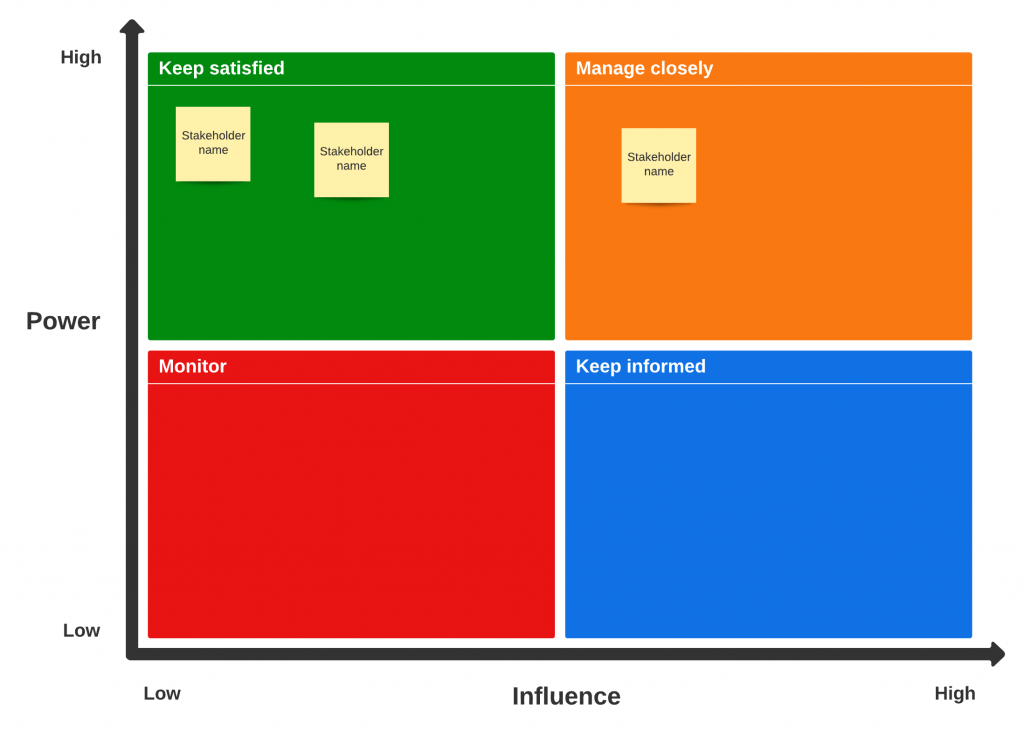Before I go into my post for this week, I’d like to say thank you to everyone who read the previous post and reposted it on multiple platforms. If you haven’ read it, you can do so here. This post is a follow-up to the previous one.
I didn’t have to think too hard about what to write this week because I received a question that I’ve heard many communications professionals ask in the last few years.
What do I do when I do not have access to the information I need to perform my role effectively?
There are many reasons why this happens. The most common one is this – organisations that don’t understand the value of communications do not often see the need to release information until the last minute. For some other organisations, the structure and internal bureaucratic processes make it difficult to receive important information in a timely manner.
I have experienced this a number of times in my 10-year career in Communications. These are some tips from what has worked for me. I believe you will find them useful.
Understand the internal dynamics of the organisation
One big mistake you can make is to solely focus on the CEO and senior leaders to give you the information that you need. This because there are others with influence within the organisation at different levels that have the information you need. And even when they don’t have the information, using their influence, they can give you access to that information.
This is how I wrap my head around the internal dynamics within any organisation. I use a typical Stakeholder Matrix and plot different employees on the power and influence axis. This includes support staff such as drivers. I’ll tell you why this important later.

After mapping the staff on this matrix, it usually gives me a better understanding of who I need on my side as an advocate and who I may need to manage and get their support to do my work well.
Get to know everyone
Were you expecting me to tell you that you should only spend time getting to know the powerful and influential people within the organisation? That would be another big mistake!
What you need to do is to get to know everyone and develop some sort of rapport as best as you can.
If this sounds daunting to you, trust me, if I can do it, you can too. Let me tell you why it’s important.
In one of the organisations where I worked 9 to 5, I had a good rapport with the senior accountant. This rapport was built organically over weeks. A hello at lunch, paying attention during group conversations and just genuinely being a good person. One day during a group car pool trip back home, I said something along the lines of, “X, I didn’t see you at lunch today and when I popped into your office in the afternoon, you looked quite frustrated. How are you?”
X then goes into a long conversation of all the tasks on his plate and the budgetary pressure he was under. No sensitive information was passed but I already knew the organisation was under financial pressure and it was also not a time to submit a high (or unjustified) budget for communication activities.
I also remember a time where one of the teams over lunch shared some frustrations they had with me and we brainstormed ideas together. It didn’t take time for them to loop me in on progress updates on projects they were working on or projects that were upcoming. I can’t begin to tell you how this information was very valuable to me.
I hope the point here has been clearly understood.

Show genuine interest in providing support
I’ve never really understood why employees and departments within organisations act like they are in competition with one another. If we’re divided and the organisation fails, who does it benefit? I digress.
I have found that people love to talk about what they do when they find people who show some interest. Personally, I love to hear people talk about their work.
Whether as a 9 to 5 employee or as an Advisor, you’d often find me asking. “What are you currently working on” in conversations. And I pay attention to the answers and also take mental notes. This allows me to follow up easily the next time we meet. “I remember you mentioned that a particular code was giving you stress some weeks ago, were you able to crack it?” You can imagine what comes next as an answer to this question.
While this has helped me to build rapport, it has also given me insights on when to present ideas to senior leaders. Remember I said you should include support staff in the Power/ Influence matrix? There was a time the CEO’s driver helped me to understand why the CEO was in such a bad mood and how I can present the difficult information I had to pass across to him.
I cannot count how many times support staff have provided valuable information too. Don’t ignore them – they are important and also deserve to be respected.
Put forward your need for information consistently
Let me tell you, if I need something, I am going to get it. And everyone around me will know that I need that thing.
The point here is that you cannot need something important, ask once and leave it there when you do not get a positive response. You’re there to perform a role and they need to give you what you need to get it done.
Maybe it’s because of my law background or the fact that I am strong-willed, but I will put forward my case to you until you see things from my perspective. Or we find a middle ground, at the very least. Let me add that this is why emotional intelligence is important. You need to know why this person is saying no.
If they say it is because of a policy, ‘only senior managers can have access to the information’, you need to ask yourself, Why is this policy in place? What are the risks associated with this information being released to me? How can these risks be overcome? Who do I need to appeal to for this protocol to be broken?
Remember the Power/ Influence matrix? Who can give me access to this information? Are they an advocate or I need to get their buy in? How can I secure their confidence to get this information released?
When you state your case and over time, you’ve used information responsibly and for the good of the company, you’ll find that you’ll face less resistance in getting information in the future.
Elevate yourself to become a trusted advisor
I have to end with this because this is the goal. Once you’ve won over the confidence of your senior leaders and they can see how valuable you are to the organisations based on your results and insights, you’ll be included in meetings where important information is being discussed. This has happened to me over and over again. I start from the bottom and end up being invited to attend board and executive meetings.
I hope you can use these tips and adapt to your own particular scenario.
Allow me to say, if after doing all of this and you find yourself still struggling to access information because the organisation does not value your role or what you do – should you really be in a place where you are not valued as a professional? I’ll leave you to answer that 🙂



